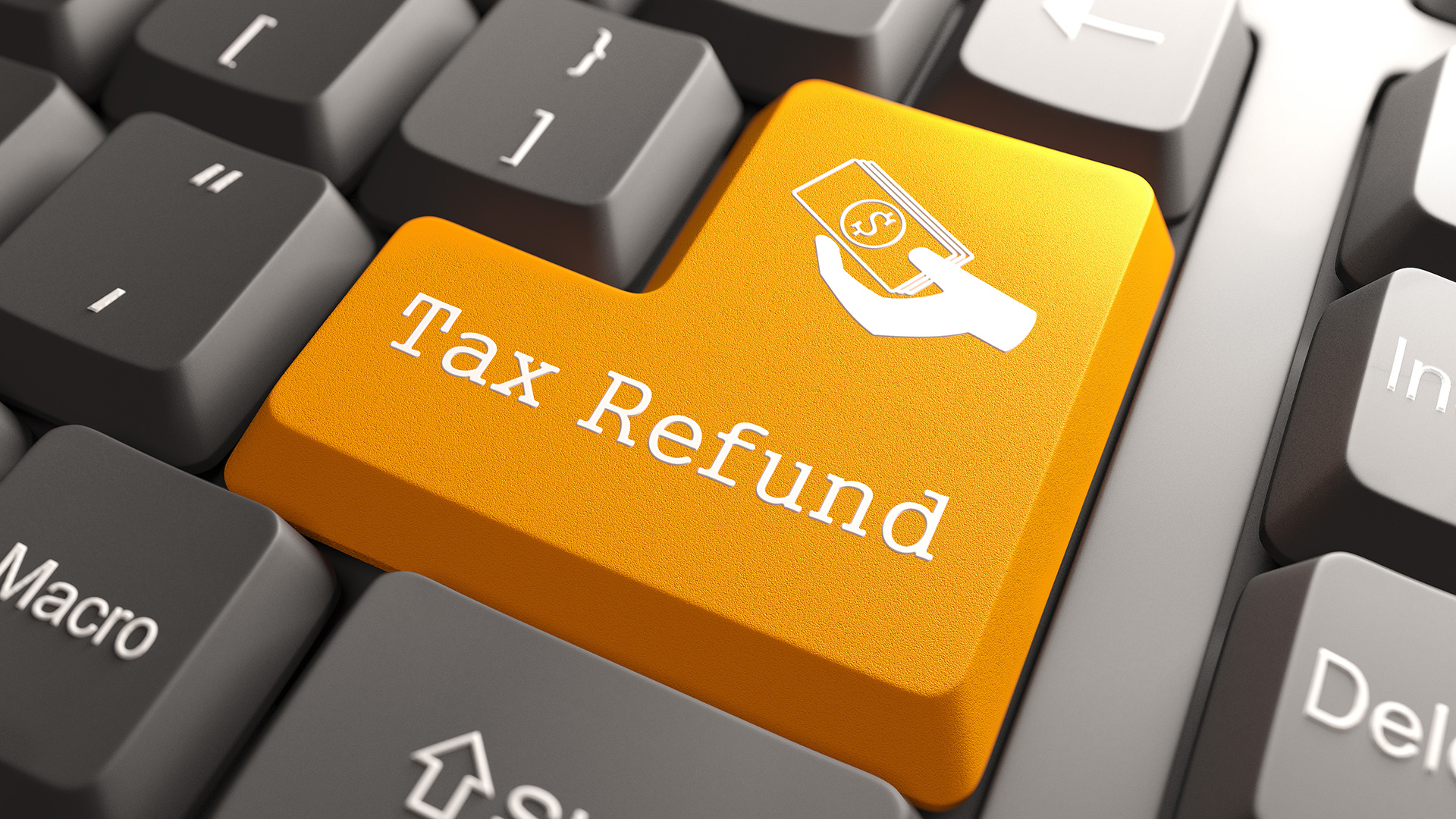�������� — Several F-1 visa students are receiving an unexpected $1,400 payment from the Internal Revenue Service (IRS). These students have reported this activity to at the University of Maryland’s Robert H. Smith School of Business. For some, the implications are significant.
“If you were a non-resident alien for tax purposes in 2021 and received this payment, you are required to return it to the IRS,” says Smith’s , CPA, accounting lecturer and faculty advisor for TerpTax, the free tax return preparation service for UMD students and low-to mid-income individuals in the surrounding communities.
“These appear related to the 2021 Economic Impact Payment (EIP3) being issued now under the American Rescue Plan Act to those people perceived eligible by the IRS, but heretofore did not receive or claim credit for the payment,” he adds.
Significantly, notes Handwerger, “we have about 3,500 international students on campus, and not all schools around the country are pro-actively engaged with addressing their tax compliance needs. TerpTax has made this a sub-specialty.”
He adds, “If you are an F-1 student or have been in the past four years, and you have received such a payment, please read this important information carefully.”
Background
Mandated by the American Rescue Plan Act, the IRS “sent many seemingly eligible resident taxpayers $1,400 as part of the economic stimulus payment mandated to help during the COVID-19 crisis,” says Handwerger. Many, he adds, claimed their $1,400 through the filing of their 2021 resident tax return.
But recently the IRS noticed their computer systems showing more than one million taxpayers who either did not receive this payment or who did not claim it on their 2021 tax return. To send this money to those eligible taxpayers, Handwerger says, the IRS announced it would send it without the taxpayers having the perhaps burdensome requirement of filing a return.
“However, their automated system appears to have erroneously identified some F-1 visa holders as eligible recipients,” he adds. “It's important to understand that non-resident aliens in 2021, including F-1 students who were non-residents for tax purposes, were not eligible for this stimulus payment.”
How did this happen?
By law, F-1 visa students are non-resident aliens for the first five calendar years they are in the United States as students.
“As such, if this was their status in calendar year 2021, then they were not eligible for the stimulus payment,” Handwerger says. “However, if they erroneously filed a resident return for say 2020, 2021 or 2022, something that many F-1 students do innocently when they attempt to file a tax return for themselves, then it appears that the IRS computers show them as eligible for the refund, but in fact they are not so eligible.”
He adds, “In one of our cases the individual filed an incorrect resident return for 2021, amended that to non-resident, but has still received this $1,400 in December 2024. Apparently, the IRS computer system is not set to recognize the amended return for this matter.”
Why this matters
Keeping non-eligible payments, Handwerger says, “could lead to future tax complications for recipients, as well as impact their immigration status, result in repaying the amount to the IRS with interest and cause issues with future interactions with the IRS.”
The IRS provides for returning the payment. For more information on determining tax residency status for 2021 or for questions about returning the payment,
Handwerger advises students to consult with their international student advisors and search the for additional guidance.
MEDIA CONTACT
Register for reporter access to contact detailsRELATED EXPERTS
Samuel Handwerger
Accounting Lecturer
University of Maryland, Robert H. Smith School of Business20240921121116.png&width=320&height=100)

